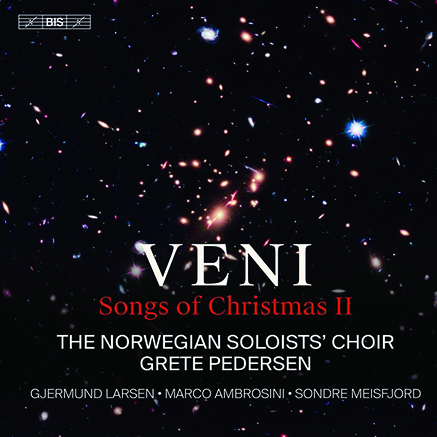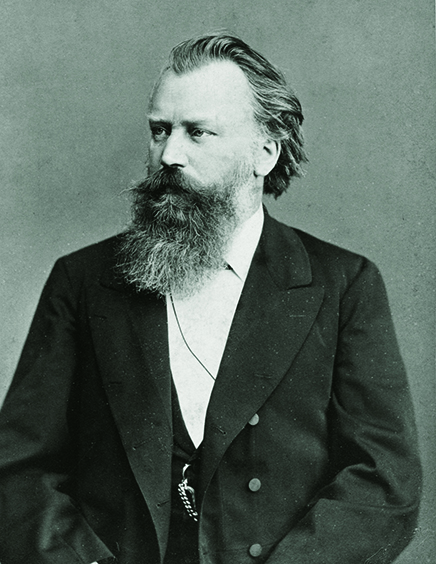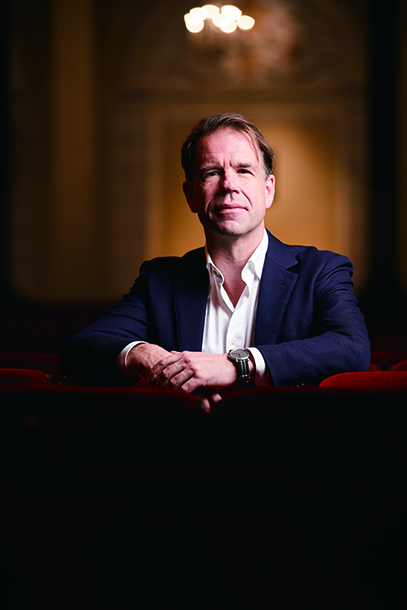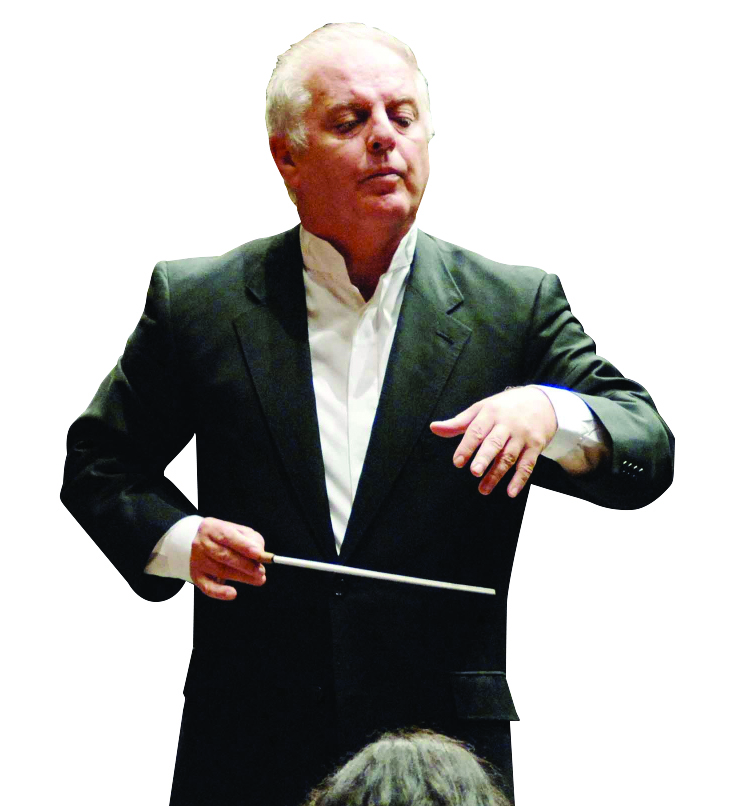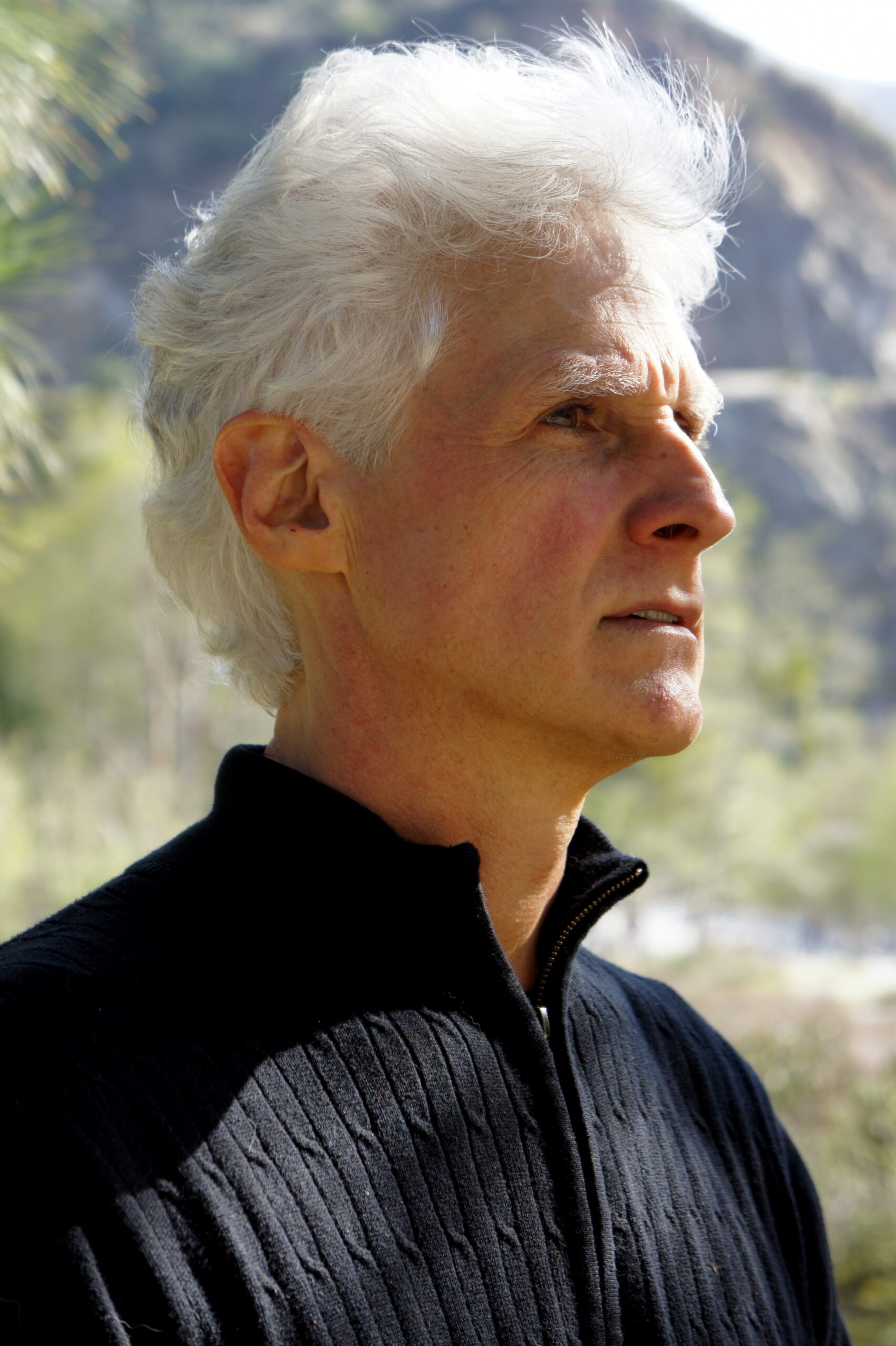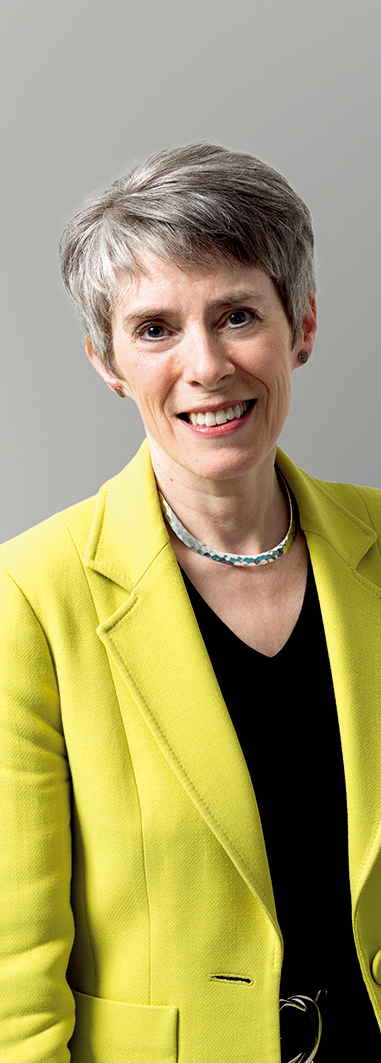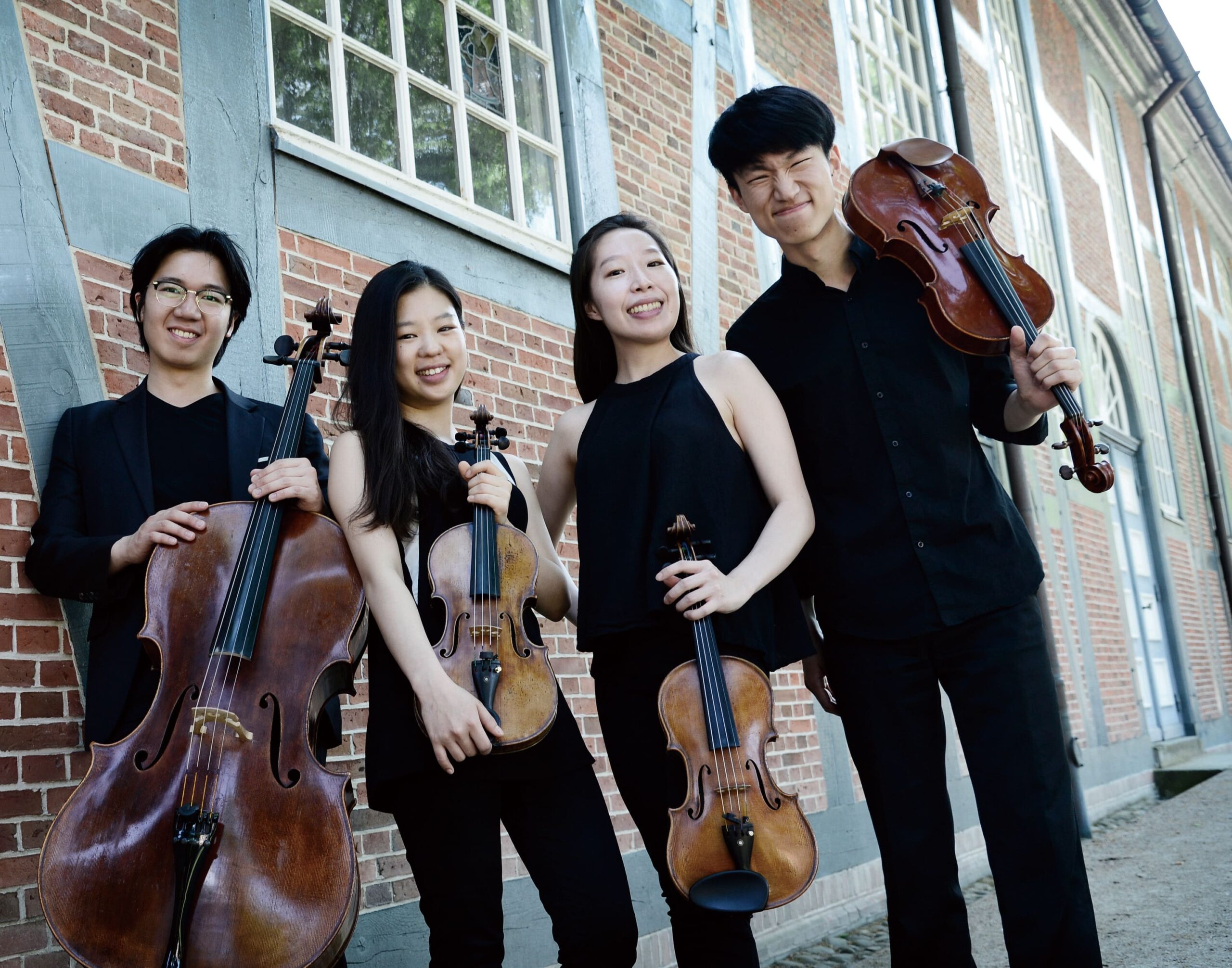잊힌 음악 되살리기
1991년 연초, 음반사 데카는 상업음악의 세기에서 가장 계몽적이라 기록될 만한 결정을 내렸다. 1990년 ‘스리 테너 콘서트’가 벌어들인 넘쳐나는 이윤을 보유하고 있었던 경영진 앞에 미국 출신의 젊은 프로듀서 마이클 하스는 나치가 금지한 음악들을 되살리자는 눈부신 콘셉트를 제안했고, 데카는 투자 방법을 고민했다.
쉬운 일은 아니었다. 히틀러는 유대인에 의한 음악은 물론이요, 무조음악가ㆍ모더니스트ㆍ재즈 음악가들, 그리고 정치적인 적들을 ‘퇴폐적’이라는 이유를 들어 훼손하고 퇴보시켰다. 수십 명의 작곡가들이 역사에서 사라졌고, 돌아오지 못했다. 어떤 이들은 살해되고 다른 어떤 이들은 망명으로써 자취를 감췄다. 전후 독일 음악과 젊은 음악가들에게 영향을 끼친 전 나치들은 과거를 회고하기를 꺼려 했다. 클래식 음악계 전반에 걸친 추방이 유지된 것이다. 하스의 제안은 이전에 시도되지 않았던 규모의 문화 배상 운동이었다.
당시 데카의 사장은 독일인 롤란트 코메렐이었다. 그의 삼촌은 깊은 타협의 철학자인 마르틴 하이데거와 일했다. 코메렐은 하스의 취지를 이해했고, 그에게 ‘퇴폐 음악’이라는 시리즈를 허락했다.
오랫동안 잊힌 것들을 어디서부터 되살려야 할까? 하스는 전쟁 이전의 출판 목록에서 300명 작곡가의 이름을 수집했으며, 악보를 찾고 그들의 가치를 평가하느라 분투했다. 1920년에 대유행한 에른스트 크레네크의 흑인 주역 재즈 오페라 ‘조니가 연주하다(Jonny Spielt auf)’와 에리히 볼프강 코른골트의 ‘아름다운 헬리아네(Das Wunder der Heliane)’가 현대인의 귀에 호소할지 누가 알았겠는가. 한편 왜 독실한 가톨릭이었던 발터 브라운펠스는 금지되었을까? 표현주의자였던 프란츠 솅커는 ‘schrecklich(무서운)’라는 별칭으로 놀림감이 될 만하지 않은가?
하스는 수집한 명단을 들고 런던 햄프스테드 히스 근처에 80대의 베르톨트 골트슈미트를 찾아갔다. 그는 바이마르 시대에 대한 완벽한 기억을 가지고 있으며 가장 불운한 피해자 중 한 명이었다. 1932년 평론가들에게 “독일 음악의 하얀 희망”이라는 극찬을 받았던 골트슈미트는 다음 해 베를린에서 오페라 초연을 앞두고 있었으나 히틀러가 집권하면서 모든 것을 잃었다. 영국 피난 시절에는 주로 말러 교향곡 10번의 완성을 도왔던 것으로 알려져 있었다. 데카의 ‘퇴폐 음악’ 시리즈는 그의 운을 바꿔놓았다. 96세로 세상을 떠난 1996년까지 골트슈미트는 자신의 잊힌 모든 음악들이 녹음된 것을 들었다. 더 많은 작품을 쓰느라 분주했다.
데카의 ‘배상’은 미지의 세계를 향한 특별한 모험이었다. 하스가 녹음한 거의 모든 작품들은 신기하고 예상 밖이며 종종 참을 수 없을 만큼 가슴 아팠다. 파벨 하스의 오페라 ‘돌팔이’의 녹음에서는, 테레진 수용소 근처에 감금되고 아우슈비츠 가스실에서 45세로 생을 마감한 체코 작곡가의 운명에 대한 진실을 받아들여야 했다.
1990년대 중반 클래식 음반업계가 침체되고 경비 절감을 외치는 이들이 이 시리즈를 중단할 때까지 하스는 31종의 음반을 발매했다. 상당 부분의 역사적 판결을 다시 쓴 셈이다.
강탈의 규모는 믿을 수 없을 정도였다. 내가 만난 골트슈미트는 독일을 탈출한 100명 이상의 작곡가들을 개인적으로 알고 있다고 말했다. 나는 ‘금지된 음악: 나치에 의해 금지된 유대인 음악’(예일대 출판부)이라는 저서에서 하스가 돈키호테식 임무에 관한 낭만적인 이야기를 들려줄 것으로 희망했다. 대학 출판사에 자극을 받은 하스는 독일 문화의 반유대주의라는 넓은 맥락에서 나치 금지법을 시도하기로 정했다. 책의 3분의 1은 다른 데서 읽을 수 없던 것들을 이야기한다. 탄압은 리하르트 바그너의 필명으로 1850년 출판되고, 20년 후 그의 이름으로 다시 출판된 끔찍한 소책자 ‘음악에서의 유대주의’에서부터 시작된다. 이 책에서 유대인은 독일 예술의 독창성을 성취할 수 없다고 바그너는 주장했다. 히틀러는 이 말을 그의 문화 청소를 위한 기치로 사용했다.
20세기로 넘어갈 때까지, 말러가 살았던 빈에서 유대인들은 최첨단의 경향을 지니고 있었다. 그들의 음악은 독일 음악 부흥의 연료가 되었던 낭만적 민족주의에 대한 해독제로 대중에게 인식되었다. 쇤베르크의 무조음악은 중산층의 즐거운 기대에 반하는 모욕이었다. 유대인들은 독일 음악의 확실성을 파괴했다고 비난받았다. 정화는 강하게 요구되었다. 하스는 ‘퇴폐’라는 용어가 음악에 처음 적용된 것이 아마도 말러의 가까운 친구였던 학자 귀도 아들러에 의해서라는 사실을 알았다. 아들러는 1917년 에세이에서 “퇴보(타락)”의 확산을 막기 위해 “음악적 종기를 제거할” 것을 요구했다. 1920년까지 빈에 살았던 주요 “퇴보자(타락자)”들은 자유로운 베를린으로 떠났다.
그곳에서 감정적으로 지나치게 공들인 오페라들을 쓴 프란츠 솅커는 쇤베르크와 함께 새로운 세대의 독일 작곡가들을 가르쳤다. 반 유대인이자 음악계에서 별로 인기가 없었던 솅커는 크레네크ㆍ골트슈미트ㆍ막스 브란트가 동시대 사회적 이슈들을 솔직하게 다룬 당대오페라(zeitoper, opera of the time)라는 장르의 영감이 되었다. 반면 그 자신의 오페라들은 성적인 문제들로 가득했다. 1934년 망명 중 그가 사망했을 때 나치 비평가들은 솅커를 “위대한 음악의 허슈펠트(미국의 풍자만화가, 성적 소수자들의 해방가로서의 언급)” “그 어떠한 성적인 곡해도 음악 안에 설정할 수 있는” 사람이라 불렀다. ‘퇴폐 음악’ 시리즈를 통해 자신의 오페라를 처음으로 녹음할 수 있었던 솅커는 이제 퇴폐적인 21세기의 독일 레지테아터(연출가의 오페라)에서 작은 부흥을 즐기고 있다.
빈에서 자란 한스 아이슬러는 더욱 희귀한 당대의 피해자였다. 그의 형제자매들이 오스트리아 공산당을 설립한 후인 1918년, 그는 베를린으로 이사했다. 아이슬러는 스승인 쇤베르크와 사이가 나빠졌고, 브레히트가 선택한 작곡가이자 화를 잘 내던 쿠르트 바일의 뒤를 이었다. 망명 중 그는 할리우드에서 일을 시작한다. 더는 교감할 수 없었던 그의 여자 형제인 루트는 한스 아이슬러를 반미활동 조사위원회에 고발한다. 결국 그는 강제로 국가를 작곡해야만 했던 동독으로 가게 된다. 죽음에 환멸을 느낀 아이슬러는 독일의 음악회장에 서서히 재기하고 있다.
한때 힌데미트와 독일의 여러 상들을 두고 경쟁했던 에른스트 토흐는 할리우드행에 합류했고, 그곳에서 셜리 템플의 음악을 작곡했다. 에롤 플린의 허세영화와 심리 스릴러 영화음악의 초석을 다진 코른골트는 이제껏 가장 부유하고 성공적인 이민자였다. 그러나 자신의 이름이 클래식 음악회장에서 지워진 것을 극복하지는 못했다. 나는 코른고트 부인의 편지를 가지고 있다. 1959년 그가 죽음을 맞이할 당시 잊히고 금지된 그의 음악을 연주해달라고 BBC에 청원하는 내용이다.
하스는 막대한 양의 자료들을, 당황스런 도약으로 손상되어버린 복잡한 논거들의 연대기에 밀어 넣었다. 그는 바일ㆍ쇤베르크ㆍ힌데미트ㆍ쳄린스키 등의 가장 중요한 망명들을 우회하고, 무시되었던 몇몇 작곡가들의 가치는 과장하고 있다. 그럼에도 불구하고 하스의 연대기는 20세기 정치ㆍ 문화에 관여한 모든 이들을 위해 일반적인 음악 역사와 필수적 기준을 바로잡는 알려지지 않은 이야기를 담은 귀중한 요약서이다.
그의 저서 ‘금지된 음악’을 읽는 위험은, 당신이 ‘퇴폐 음악’ 시리즈와 그것의 승리적 복원을 듣는 데 인생의 많은 시간들을 잃게 될 것을 경고한다. 드디어 코른골트 바이올린 협주곡은 오늘날 협주곡 레퍼토리의 중심에 섰다. 테레젠의 작곡가인 파벨 하스ㆍ빅토르 울만ㆍ한스 크라사의 작품들은 널리 연주되고 있다. 아이슬러는 널리 불리고, 한때 금지되었던 음악들은 21세기의 음악적 DNA에 스며들었다. 나치의 의도는 실패했다.
번역 이윤희(인디애나 음대 박사)
How Forbidden Music was brought back to life
Early in 1991, the Decca record company took what may go down as the most enlightened decision in a century of commercial music. Awash with profits from “The Three Tenors in Concert” (1990), executives were wondering how to invest the windfall when a young American producer, Michael Haas, came up with a dazzling concept: bring back the music that was banned by the Nazis.
This was not going to be an easy sell. Hitler had damned as entartet, or degenerate, music by Jews, atonalists, modernists, jazz-makers and political enemies. Dozens of composers were erased from history, never to return. Some were murdered, others were pushed into the oblivion of exile. After the war, former Nazis held influence in German music and young musicians, unwilling to look back, upheld the banishment across the classical-music spectrum. Mr. Haas was proposing an act of cultural restitution on a scale never attempted before.
Decca’s president at the time was a German, Roland Kommerell, whose uncle had worked with the profoundly compromised philosopher Martin Heidegger. Komerell got the point and gave Mr. Haas the green light for a series titled Entartete Musik.
Where to begin, among the long-forgotten? Mr. Haas collected 300 composers’ names from prewar publishers’ catalogs but struggled to find scores and assess merit. Who knew if such 1920s hits as Ernst Krenek’s blackface jazz opera “Jonny spielt auf” and Erich Wolfgang Korngold’s “Das Wunder der Heliane” would appeal to modern ears? Why did Walter Braunfels, a devout Catholic, get banned? Did the expressionist Franz Schreker deserve the punning epithet schrecklich(dreadful)?
Mr. Haas took his lists to Berthold Goldschmidt, an octogenarian living near Hampstead Heath in London, only to discover that this long-neglected composer, besides having perfect recall of Weimar-era music, was one of the unluckiest victims. Hailed by a critic in 1932 as “the white hope of German music,” with an opera premiere heading for Berlin the following year, Goldschmidt lost everything when Hitler came to power. *In his English refuge, he was known chiefly for helping to complete Mahler’s 10th symphony. Entartete Music reversed his fortunes. By 1996, when he died at age 93, Goldschmidt had heard all of his forgotten music recorded and was busy composing more.
Decca’s restitution was an extraordinary adventure into the unknown. Almost everything that Mr. Haas recorded was novel, unexpected, often unbearably poignant. At a Prague recording of Pavel Haas’s effervescent opera “The Charlatan,” none could ignore the proximate facts of the Czech composer’s fate?incarcerated in the nearby Terezin camp, then gassed, aged 45, in Auschwitz. By the time classical recording hit a mid-1990s downturn and cost-cutters pulled the plug on the series, Mr. Haas had produced 31 albums and rewritten a sizable chunk of the verdict of history.
The scale of dispossession defies belief. Goldschmidt told me that he was personally acquainted with more than 100 composers who fled Germany. My hope was that “Forbidden Music : The Jewish Composers Banned by the Nazis” (Yale University Press) would tell the romantic story of Mr. Haas’s quixotic mission. Perhaps prompted by an academic publisher, he decided to cast his net wider and seek to place the Nazi prohibition in a broader context of German cultural anti-Semitism. The first third of the book tell us little that we have not read elsewhere. Oppression begins with the appalling pamphlet “Das Judenthum in der Musik,” issued by Richard Wagner under a pseudonym in 1850 and again under his own name 20 years later. In it Wagner claimed that Jews could not achieve originality in German art. Hitler used this charge as his manifesto for cultural cleansing.
By the turn of the 20th century, in Mahler’s Vienna, Jews were identified in the public mind with ultra-modernist tendencies, an antidote to the romantic nationalism that had fueled the rise of German music. Arnold Schoenberg’s atonalities were an affront to middle-class ears, contradicting the expectation of pleasure. Jews were blamed for the destruction of German certainties. Cleansing was loudly demanded. Mr. Haas finds the term entartet applied to music, perhaps for the first time, by the venerable scholar Guido Adler, a close friend of Mahler’s. Adler, in a 1917 essay, calls for “musical boils to be lanced’ to stop the spread of “degeneration.” By 1920, most of Vienna’s leading “degenerates” had fled to liberal Berlin.
There, Franz Schreker, a writer of emotionally overwrought operas, shared with Schoenberg the job of teaching a new generation of German composers. Half-Jewish and unpopular in his profession, Schreker inspired Krenek, Goldschmidt, Max Brand and others to launch a genre of Zeitoper?operas that tackled contemporary social issues. His own operas were overloaded with sexual complications. On his death in exile in 1934, a Nazi critic called Schreker “the Magnus Hirschfeld of music” (a reference to the prominent liberator of sexual minorities) and a man “for whom no sexual perversion could not be set to music.” Schreker, his operas first recorded on Entartete Musik, is now enjoying a small revival in decadent 21st-century German Regietheater (i.e., “directors’ theater”).
Hanns Eisler, raised in Vienna, is a more elusive victim of the era. Moving to Berlin in 1918 after his brother and sister founded the Austrian Communist Party, Eisler fell out with his teacher Schoenberg and succeeded the irascible Kurt Weill as Bertolt Brecht’s chosen composer. In exile, he wound up working in Hollywood. There, his sister, Ruth, having rejected her earlier sympathies, denounced him to the House Committee on Un-American Activities, forcing him eventually to flee to East Germany, where he composed the national anthem. Eisler, disillusioned at his death, is slowly making a comeback in German concert halls.
Ernst Toch, once Paul Hindemith’s rival for German prizes, joined the flight to Hollywood, where he wrote music for Shirley Temple films. Korngold, who set the benchmark for film music with Errol Flynn swashbucklers and psychological thrillers, *was by far the wealthiest and most successful of emigres. But he never got over his erasure from classical concerts. I have in my possession a letter from his wife, as he lay dying in 1959, begging the BBC to perform his forgotten, forbidden, music.
Mr. Haas crams a vast amount of material into a complex argument that is at times marred by disconcerting leaps back and forth in chronology. He bypasses the foremost exiles?Weill, Schoenberg, Hindemith, Alexander Zemlinsky?and sometimes overstates the value of neglected composers. His chronicle is nonetheless a valuable compendium of untold stories, a corrective to standard histories of music and an essential reference point for anyone engaged in the culture and politics of the 20th century.
Be warned that the risk in reading “Forbidden Music” is that you will lose many hours of your life relistening to the Entartete Musik series and its triumphant restorations. Korngold’s violin concerto is now, finally, at the center of concert repertoire. The works of Terezin composers Pavel Haas, Viktor Ullman and Hans Krasa are widely played. Hans Gal’s symphonies are appearing on record. Eisler is sung all over, and once-forbidden music is seeping into the musical DNA of the 21st century, the Nazi purpose defeated. NL
